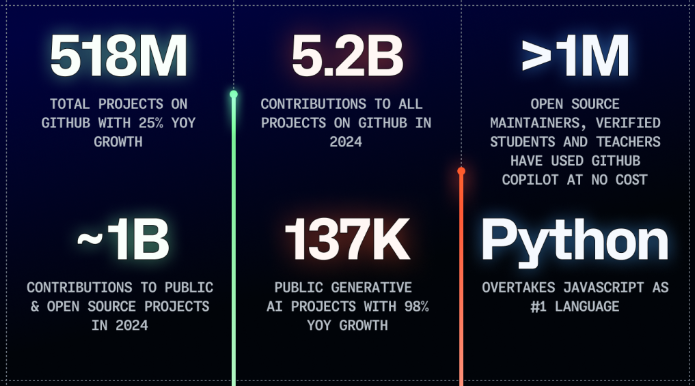Recently, the highly anticipated Genesis Project has officially launched. This brand new generative physics engine aims to simulate the entire physical world with the highest level of realism, bringing an unprecedented immersive experience to the virtual domain.
Key Highlights: Incredible Speed and Exceptional Efficiency
The standout feature of the Genesis Project is its outstanding performance. The engine is developed entirely in Python and simulates at speeds 10 to 80 times faster than existing GPU-accelerated engines (such as Isaac Gym and MJX), and even about 430,000 times faster than real-time. This means developers can perform physical simulations much more quickly, significantly shortening development cycles.
In addition, the Genesis Project showcases powerful training capabilities. On a single RTX 4090 graphics card, the engine can complete training for robot motion strategies transferable to the real world in just 26 seconds, which will undoubtedly greatly enhance development efficiency in the fields of robotics and physical AI.

Large-Scale Collaboration, Two Years in the Making
The Genesis Project is the result of a large-scale collaboration among over 20 research laboratories over a period of 24 months, reflecting its strong technical capabilities and academic background. The project aims to build a unified generative physical world simulation framework that can automatically generate various environments, robot tasks, reward functions, and interactive 3D scenes, thereby promoting comprehensive development in the fields of robotics and physical AI.

Powerful Features, Wide Applications
The Genesis Project supports the simulation of various types of physical phenomena, including rigid bodies, articulated bodies, fabrics, liquids, smoke, deformable bodies, thin-shell materials, elastic/plastic bodies, and robotic muscles. It also integrates various advanced physics solvers (such as MPM, SPH, FEM, rigid body, PBD, etc.) to ensure the accuracy and realism of the simulation results.
Additionally, the Genesis Project offers 3D interactive scene generation capabilities, supporting the training of robotic skills and can be applied beyond the field of robotics for data generation, such as character movements.
The release of the Genesis Project marks an important step forward in the field of generative physics engines. This engine not only boasts incredible speed and efficiency but also supports the simulation of various complex physical phenomena and scenarios, bringing new opportunities for development in fields such as robotics and physical AI. In the future, the Genesis Project is expected to play a significant role in game development, virtual reality, and industrial automation.
Project Address: https://genesis-embodied-ai.github.io/









